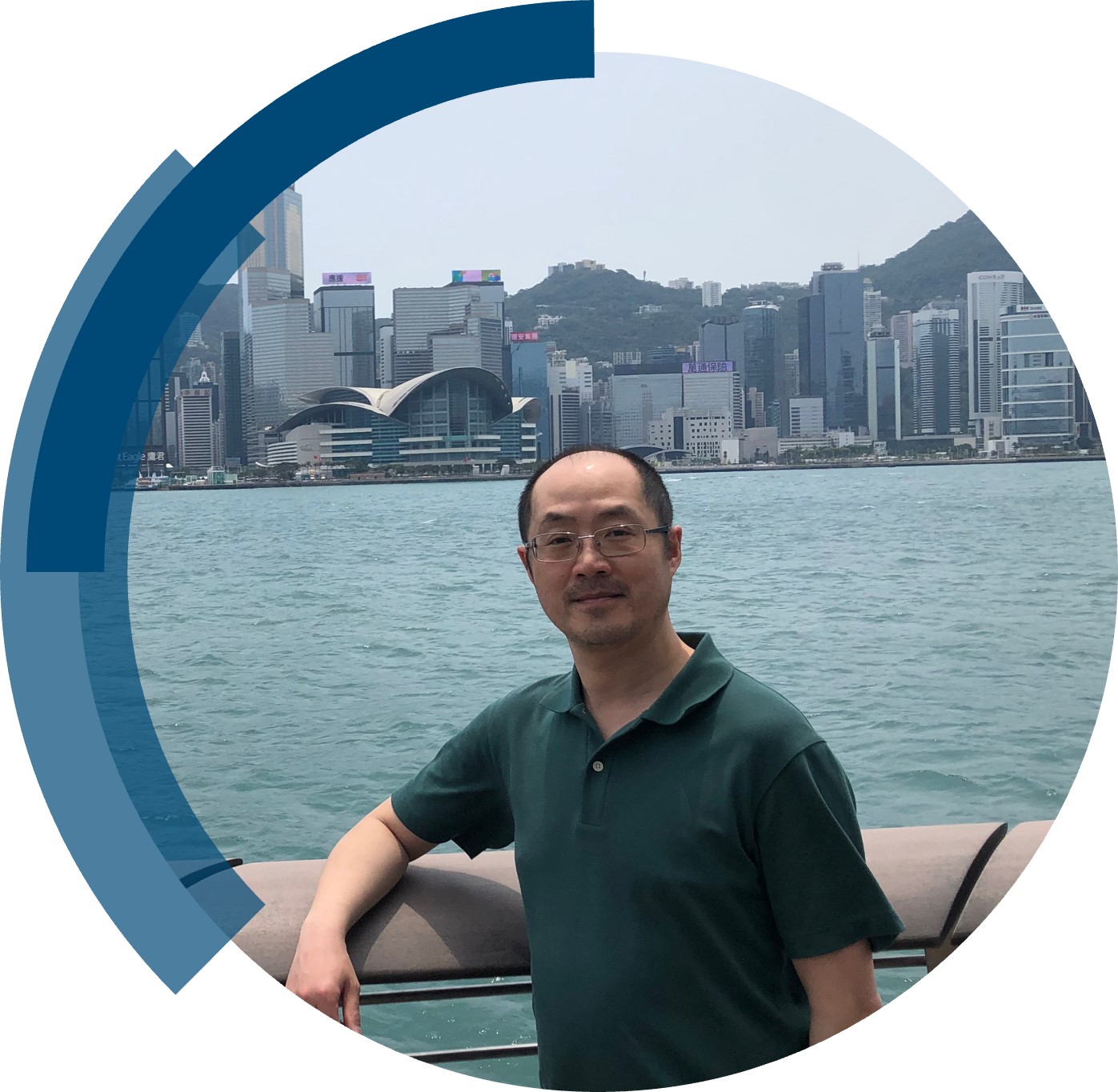ChemComm is publishing its 60th volume in 2024. Over the past 60 years, ChemComm has been the RSC’s most cited journal, and one of the most trusted venues for rapid publication of short communications. In our anniversary year, we recognise the important contributions ChemComm has made, and continues to make, in advancing the chemical sciences.
As part of our anniversary celebrations, we’ve brought together a collection featuring the latest research from some of our most loyal and dedicated authors. From those marking the beginning of their independent academic career by publishing their first article with us, to the rising stars and established leaders publishing in our yearly ‘Emerging Investigators’ and ‘Pioneering Investigators’ collections, this collection champions the contributions of our worldwide author community. We are proud many authors choose to support our journal by regularly publishing their best work with us. This collection also features papers from our ChemComm Emerging Investigator Lectureship winners, and our Outstanding Reviewer awardees, whose invaluable feedback has shaped our published content through the years.
To accompany the collection, we’ll be publishing interviews with contributing authors where they provide further insight into their research and reflect on their journey with ChemComm.
Check out our interview with Professor Hon Wai Lam (University of Nottingham) below!
 |
Hon Lam obtained an MChem degree in chemistry from the University of Oxford in 1998, and a PhD in organic chemistry in 2001 from the University of Nottingham, where he worked under the supervision of Gerald Pattenden, FRS. During 2002-2003 he was a postdoc with David A. Evans at Harvard University. He began his independent academic career at the School of Chemistry, University of Edinburgh in October 2003 and moved to the School of Chemistry, University of Nottingham in October 2013, where he is currently a Professor of Organic Synthesis. Hon’s research interests are in the development of new reactions and strategies for organic synthesis, for the efficient preparation of valuable building blocks and target compounds. |
What is your favourite thing about ChemComm?
I have found submitting papers to ChemComm to be a smooth process; the communication with the editors has always been professional, courteous, and fair, and the standard of peer review is high. The team at ChemComm is also very keen to build good relations with authors and reviewers.
Could you provide a brief summary of your recent ChemComm publication?
Morphinan opioids are therapeutically important compounds used in the treatment of pain and other disorders, and several are classified as World Health Organisation Essential Medicines. One subset of morphinan opioids are 14-hydroxy-6-oxomorphinans without an E-ring (lacking a 4,5-ether linkage), and these have been shown to have interesting biological activities. Previously, these compounds have been prepared only through semisynthetic methods using natural product starting materials (mainly through the poppy plant). Our recent ChemComm paper describes a way to prepare these compounds using total synthesis starting from commercially available chemicals. The synthesis is applicable to the synthesis of the non-natural enantiomeric series of morphinans, which is not possible using poppy-derived starting materials. The biological activities of two compounds prepared, 4,5-desoxynaltrexone and 4,5-desoxynaloxone were also measured against the opioid receptors, and were found to be partial agonists.
Be sure to read Hon’s open access article, “Enantioselective de novo synthesis of 14-hydroxy-6-oxomorphinans”, to learn more!











